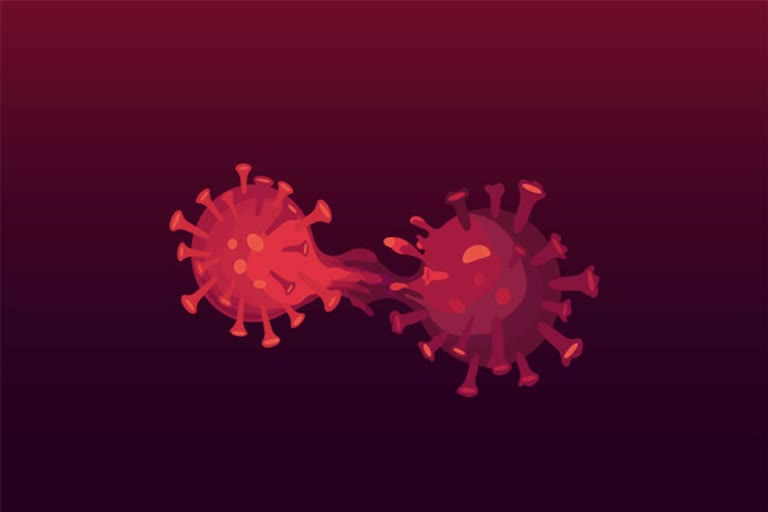New Delhi: As India has been recovering from an onslaught of the second wave of the Covid-19 pandemic, experts in India's health domain on Tuesday said that it's time for the country to improve its health infrastructure. The experts also believe that the arrival of the third wave depends on how are we unlocking the country. In addition, the record speed of vaccination on Monday (more than 82 lakhs) has also given hope that India will be capable to give a strong fight to all possible third wave of the pandemic.
"The occurrence and severity of the third wave are multifactorial - citizens compliance to Covid appropriate behaviour, prevention of super spreader events, rapid containment wherever necessary, and widespread vaccination. Also, a lot depends on the emergence and spread of new variants of concern like Delta plus and capability of our healthcare system to deal with the surge," said Dr Tamorish Kole, President of Asian Society for Emergency Medicine to ETV Bharat.
The second wave of the pandemic proved futile for India as the country witnessed widespread infection and maximum casualties. Apart from urban areas, the second wave which mostly affected the tier II and III cities along with the country's rural areas have exposed the fact that India's healthcare system needs a revamp.
Also Read: After Delta, 'Delta Plus' variant of coronavirus found in Karnataka
"Ever since the Covid19 pandemic hit India, country's healthcare system came to the fore. It has become more exposed during the second wave of the pandemic," said Dr Giridhar Gyani, Director General of Association of Health Care Providers (AHCP-India). India has witnessed a major scarcity of its healthcare system since March when the second wave hit the country. There was a scarcity of hospital beds, ICU beds, availability of oxygen putting the lives of citizens at a risk.
Dr Suneela Garg, Senior public health expert and President of the Indian Association of Preventive and Social Medicine (IAPSM) said that the administration should be more cautious as far as the presence of infected people and unlocking of some particular areas are concerned. "We should be cautiously opening the areas after identifying the hotspots. We have seen that only 50 per cent of people wear masks and out of that only 15 per cent wear masks properly. So we have to be careful while adopting Covid appropriate behaviour," said Dr Garg.
Also Read: Congress' battle for survival
Dr Garg, who is also the President of the Organised Medicine Academic Guild (OMAG) said that vaccines are the major tool for prevention and control of infection. "It is also important to avoid mass gathering and public places. System preparedness is also very much necessary," she said. Dr Garg also highlighted the initiative being adopted by Prime Minister Narendra Modi in preparing the healthcare workers to fight Covid.
Prime Minister Modi, last week, launched a customised crash course programme for Covid-19 frontline workers on how to handle Covid. "The occurrence of the third wave will also depend on how far we are prepared to protect our children. As of now, only less than 10 per cent of children have been affected. We should be careful about that," she said. Dr Garg emphasised that as soon as the vaccine trial on children is complete, all children above 12 years of age should be vaccinated. "Priority should also be given to vaccination of teachers. We should open the schools in a phased manner," Dr Garg said.
Also Read: Bharat Biotech's Covaxin shows 77.8 pc efficacy in Phase III trials, say sources



